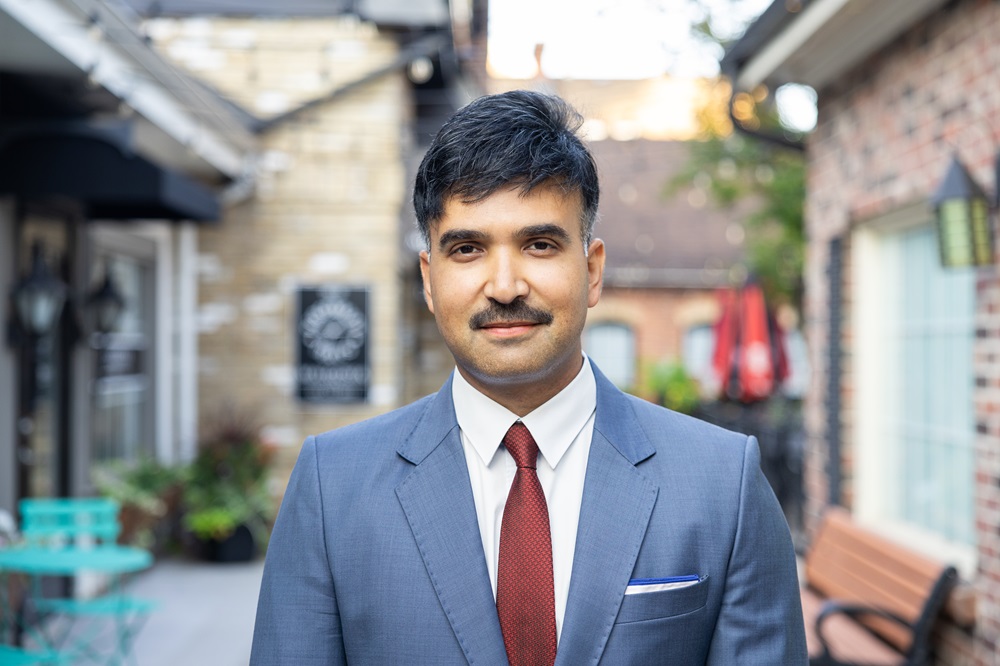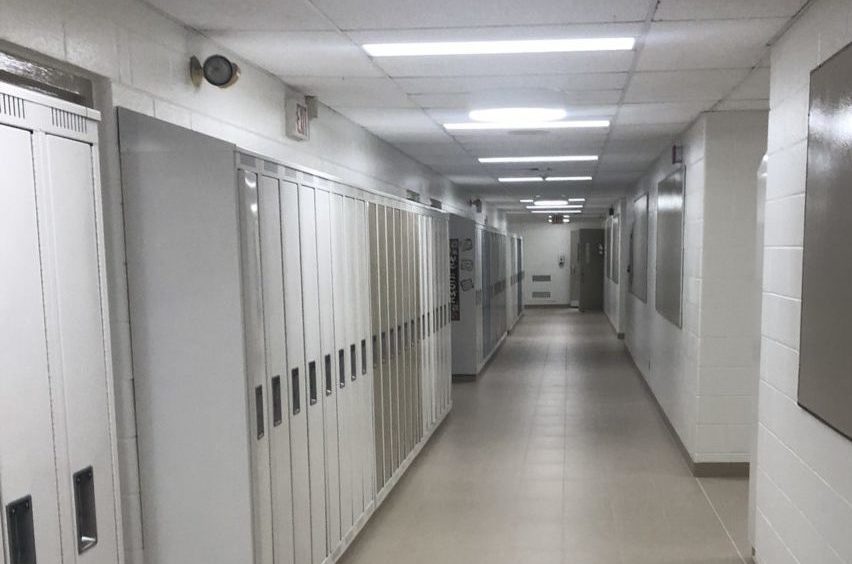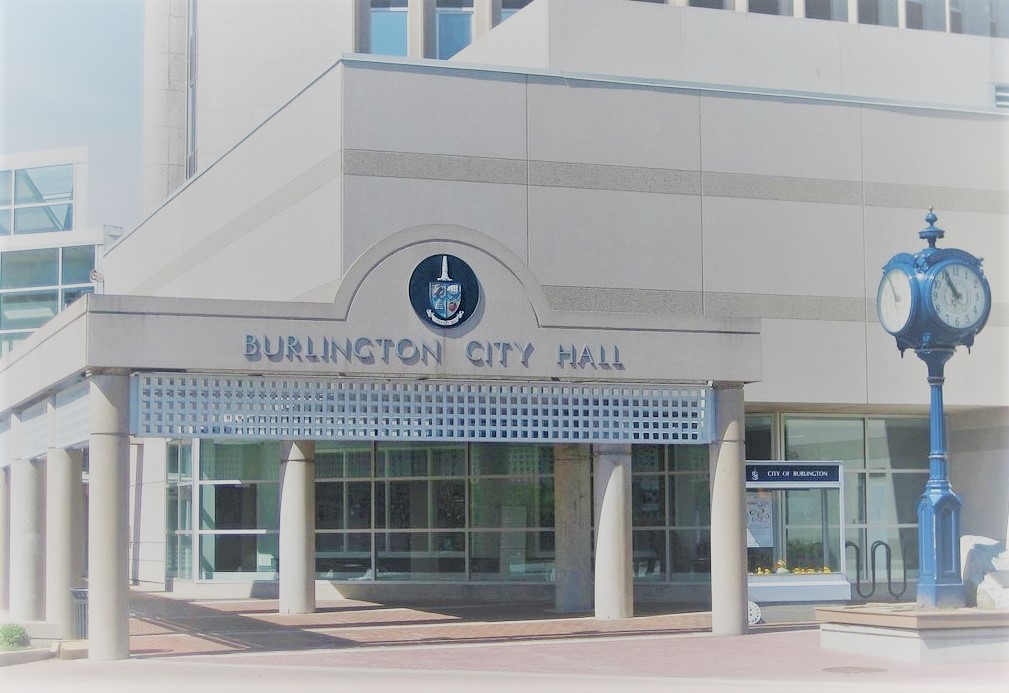By Shaheryar Mian
Elections are a core tenet of democracy, and in Canada, it is a celebrated process we experience across several layers of government. At the municipal level, elections involve voting in a mayor and council; provincially, elections involve electing MPPs and the premier; and federally, it involves electing MPs and the prime minister.
While many Canadians are actively involved in voting at election time, before that happens, a pivotal component of elections is the nomination process. In fact, nominations serve as the antecedent of an election. Nominations are conducted to allow constituents of each riding to select a candidate for their chosen party. Each party, be it Conservative, NDP, or Liberal, holds nominations for each of the ridings drawn by Elections Canada.
Nominations involve a particular process prescribed by each party. As an example, for the Conservative party, it involves completing an online application, going through a credit and background check, and having a petition signed by at least 25 active members from a riding. Subsequently, nominees are invited for an interview by the local riding association that may recommend or reject the nominee to the party.
The next step for nominees involves signing on new members, going door-to-door or perhaps attending local events to speak to constituents, since most nomination elections are only open to active paying members. Additionally, signing new members allows candidates to engage with the constituent base and rally them toward the party’s vision and philosophy. Each nominee makes the case for their own candidacy and as such, the competition can get quite intense and, in some cases, downright ugly. When it gets really ugly, a range of outcomes have been seen over the years, from lawsuits to internal resignations.
Generally, the parties tend to remain neutral through the nomination process, but federally, parties can parachute their preferred candidates into ridings and at times, acclaim a candidate they prefer. As an example, in 2021, the Liberal Party acclaimed two candidates, Yasir Naqvi and Jenna Sudds, to run in the federal election in the ridings of Ottawa Centre and Kanata-Carleton, respectively. Similarly, in 2020, the provincial Progressive Conservative Party acclaimed Andrew Dowie for the riding of Windsor–Tecumseh. While acclamation serves as a first-class ticket to becoming a candidate, it is devoid of the process that most candidates go through in each party. They miss out on those aforementioned benefits of getting to know constituents and gaining a better understanding of the issues that people care about.
For people coming from the business or non-profit worlds, entering the world of politics is a daunting undertaking given the high opportunity cost and, typically, their lack of experience in the world of politics. Opportunity cost refers to the lost income and the career break that comes when efforts are focused on another opportunity — in this case, politics. Some riding associations have incumbent candidates, also known as a “candidate of record,” which essentially means a candidate who ran in the previous election. An incumbent candidate would naturally have an advantage over new nominees given their already-established network of contacts, and connection with the voter base. However, just because someone ran previously and has a connection with the voter base, does not translate to being the most- or best-qualified candidate for the riding. This makes nominations an essential part of our democratic process to ensure constituents get the opportunity to select a candidate they see as best suited to represent their interest in Parliament.
As a nominee for the federal Conservative party for the riding of Burlington, I’ve spoken to others who expressed interest in putting their names forward for nomination as well and want to know more about my experience to date. Here are some of the questions I’ve been asked, along with my answers.
What is the opportunity cost for a businessperson like yourself entering politics?
If you are a successful businessperson, you are naturally making an income and growing your business, all of which stops once you get elected. In essence, public service is a means of giving back to your community with your time and skill. It can be a difficult decision because the pay cut can be substantial depending on your situation. However, for me, it is the most impactful way to give back and if elected, it will be the greatest honour to serve my country. The opportunity cost is well worth undertaking.
What has your experience been through the nomination process?
It’s a steep learning curve. Convincing someone to sign up for a membership, be it friends or colleagues, and even though it may only cost $15, is a lot more daunting than it may sound. However, once you get past the initial hump, the process is beautiful. You get a genuine chance to listen to people’s concerns and thoughts — people avoid talking about politics in social and work settings, but when you are a nominee, they open up to you. It gives you a rare pulse on what people in your neighborhood and community are thinking and going through. One of the themes that has resonated is the concern around our healthcare, housing, and transportation infrastructure and questions around whether we are set up to sustain the growing population of Canada.
What are some learnings or thoughts from the process you would like to share?
I am a firm believer in the democratic process, and I celebrate our freedoms in Canada every waking moment. A big part of that is being able to vote. I learned through the nomination process that many electoral associations in many ridings have a preferred candidate they support and may oppose efforts related to a nomination vote. I personally find that idea undemocratic, and I believe it is absolutely necessary that all ridings go through a vote and allow constituents the right to vote for the candidate they consider best suited to represent them. I believe new nominees must be encouraged to come forward. My team and I are proud to be part of this process, and we cannot wait for the nomination vote in Burlington. Regardless of the outcome, I will take great pride in the fact that we put democracy into play and rallied Burlington residents to get engaged and involved in the process.
Sources:
Leon, C. March 28, 2023. ‘Hijacked’: Riding officials quit after heated Conservative nomination fight. The London Free Press. Url: https://lfpress.com/news/local-news/hijacked-party-officials-quit-after-heated-conservative-nomination-fight (accessed Nov. 24, 2023).
Ontario PC. 2020. Andrew Dowie acclaimed as Ontario PC candidate for Windsor-Tecumseh. Ontario Progressive Conservative website. Url: https://ontariopc.ca/andrew-dowie-acclaimed-as-ontario-pc-candidate-for-windsor-tecumseh/ (accessed Nov. 24, 2023).
Postmedia News. April 16, 2014. Liberal Party ombudsmen to keep peace as federal parties worry over possible ugly nomination battles. National Post. Url: https://nationalpost.com/news/politics/liberal-party-ombudsmen-to-keep-peace-as-federal-parties-worry-over-possible-ugly-nomination-battles (accessed Nov. 24, 2023).
Raymond, T. Aug. 10, 2021. Liberals acclaim Ottawa city councillor, former Ontario AG as federal candidates. CTV News. Url: https://ottawa.ctvnews.ca/liberals-acclaim-ottawa-city-councillor-former-ontario-ag-as-federal-candidates-1.5541556 (accessed Nov. 24, 2023).

Shaheryar Mian is a Burlington-based real estate entrepreneur and philanthropist. Shaheryar started his career in banking in London, England, after graduating from McGill University in 2005. After spending five years in financial services, Shaheryar moved to New York to work in management consulting and subsequently started his own real estate and hospitality company. Shaheryar has been a resident of Burlington for over a decade and has been a fixture of the Burlington business, social, and philanthropic community. Shaheryar’s family business brought immense growth to Burlington’s Appleby Line by building housing through two major building projects, and paving the way for hundreds of jobs in the Burlington retail, healthcare, and restaurant industry. Shaheryar also sits on the boards of the Burlington Chamber of Commerce, and CrimeStoppers Halton, two roles that serve as an important touchpoint for him in the Burlington community.
As part of Shaheryar’s philanthropic efforts, he has helped raise millions of dollars for hospitals, and as well helped raise money for Habitat for Humanity. Shaheryar pursued his graduate studies at Harvard, and Oxford University, and is a CFA charterholder. Shaheryar is currently pursuing his nomination for the federal Conservative party, in the riding of Burlington.





